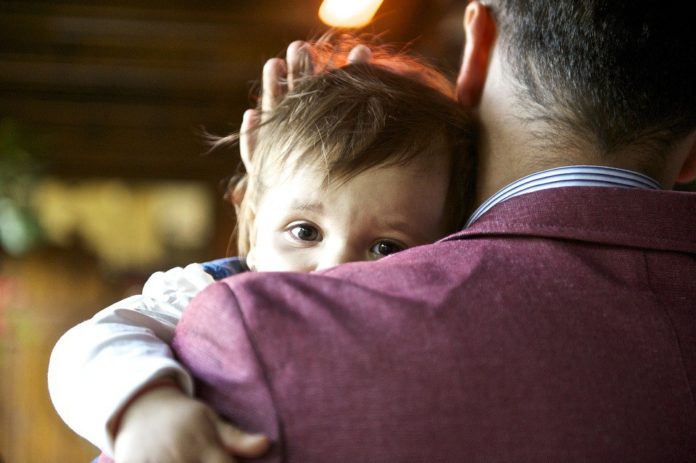In the principal investigation of its kind, scientists at the University of Bristol investigated how a precarious immigration status impacts on family life.
In the vicinity of 2014 and 2017, they took after 30 families comprising of remote national men in danger of expulsion and their British or European accomplices and kids.
While accomplices and kids are excluded from British movement controls, the men’s brief or terminated visas, refuge claims, unlawful section or criminal records make them obligated to migration requirement measures, for example, migration confinement and expulsion from the nation.
The men’s migration status denies them from work and displays numerous other ordinary confinements, causing instability which was appeared to hurt the entire family.
In particular, partition because of fathers being held in Immigration Removal Centers causes significant money related and passionate harm, to the people kept as well as their relatives.
Kids are in danger of creating psychological wellness, behavioural and instructive issues, including tension, gloom and connection troubles. Detachment can prompt single-parent family units and expand welfare dependence.
English accomplices and youngsters announced a lessened feeling of Britishness and now and again began to act in ways more like shaky vagrants than secure nationals, living with pressed bags, conveying their identifications in dread of movement checks and unfit to envision a future.
Key to the issue is the Government’s changing elucidation of rights under Article 8 of the European Convention on Human Rights: the privilege to regard for one’s private and family life.
Dr Melanie Griffiths, from the University of Bristol said, “Immigration enforcement not only harms non-citizens but it indirectly affects the hundreds of thousands of Brits who are connected to ‘detainable’ people by friendship, love or blood.”
“Article 8 of the European Convention on Human Rights is pivotal to this as it safeguards the right to respect for one’s private and family life. However, major changes to the immigration rules in 2012 restricted this interpretation in settlement and deportation cases in response to political and media claims that Article 8 is a legal loophole which undermines British border controls.”
“Our research shows that the Government should revert to its pre-2012 interpretation of Article 8 protections as its stringent enforcement is causing considerable collateral damage to families and children, including its own citizens.”
Additional research data behavioural and enlightening issues, including apprehension, bitterness and association inconveniences. Parcel can provoke single-parent families and extend welfare reliance.
English associates and adolescents itemized a diminished sentiment Britishness and on occasion started to act in ways more like questionable vagrants than secure nationals, living with stuffed packs, passing on their movement allows in fear of relocation checks and unfit to imagine a future.
Imperative to the issue is the Government’s changing interpretation of rights under Article 8 of the European Convention on Human Rights: the benefit to respect for one’s private and family life.
